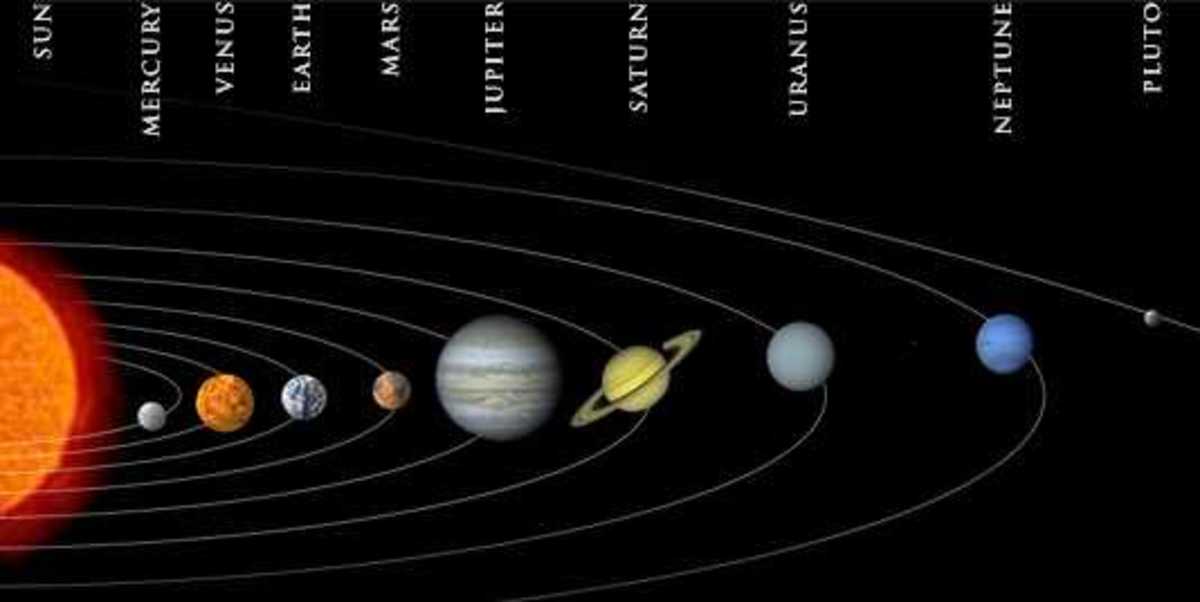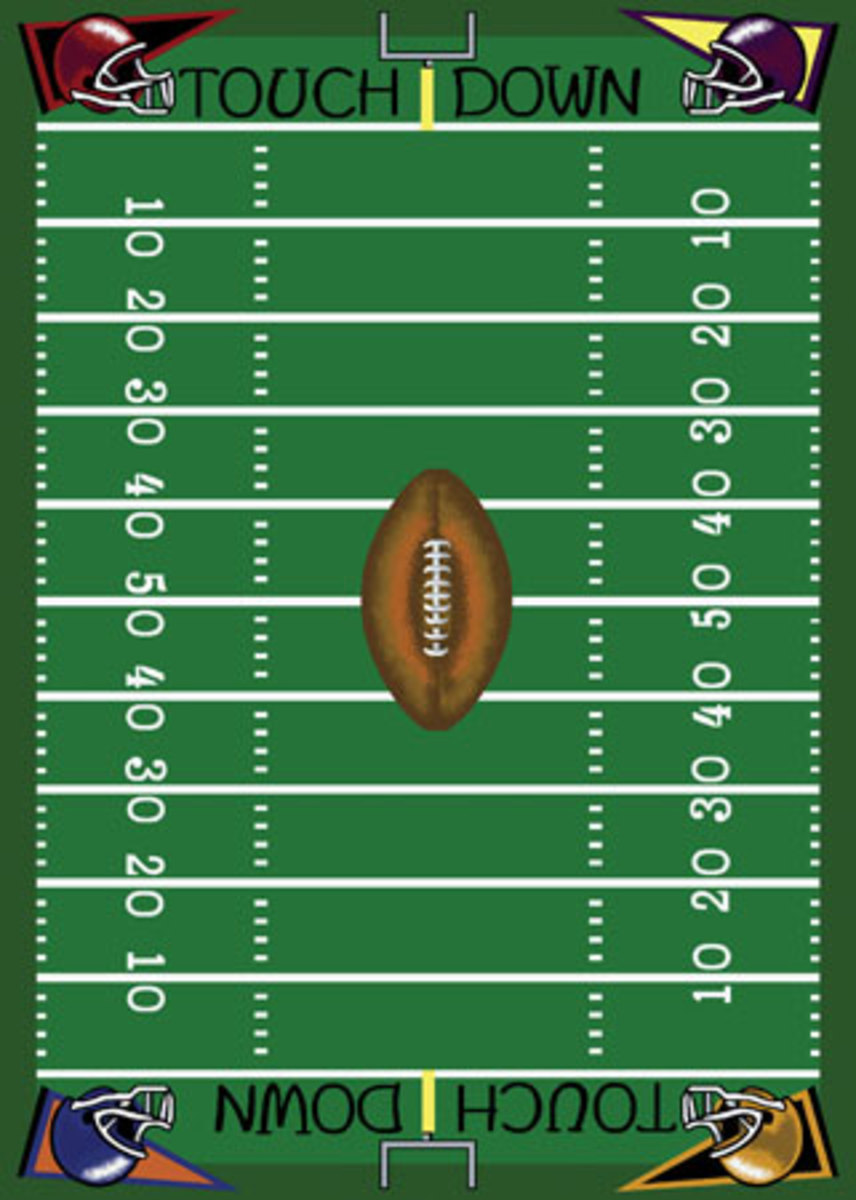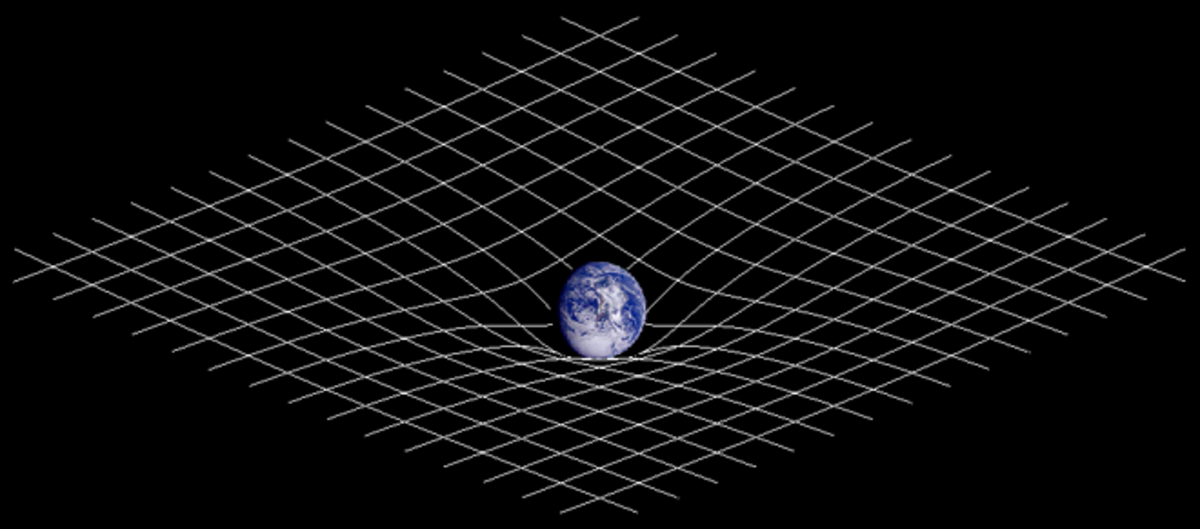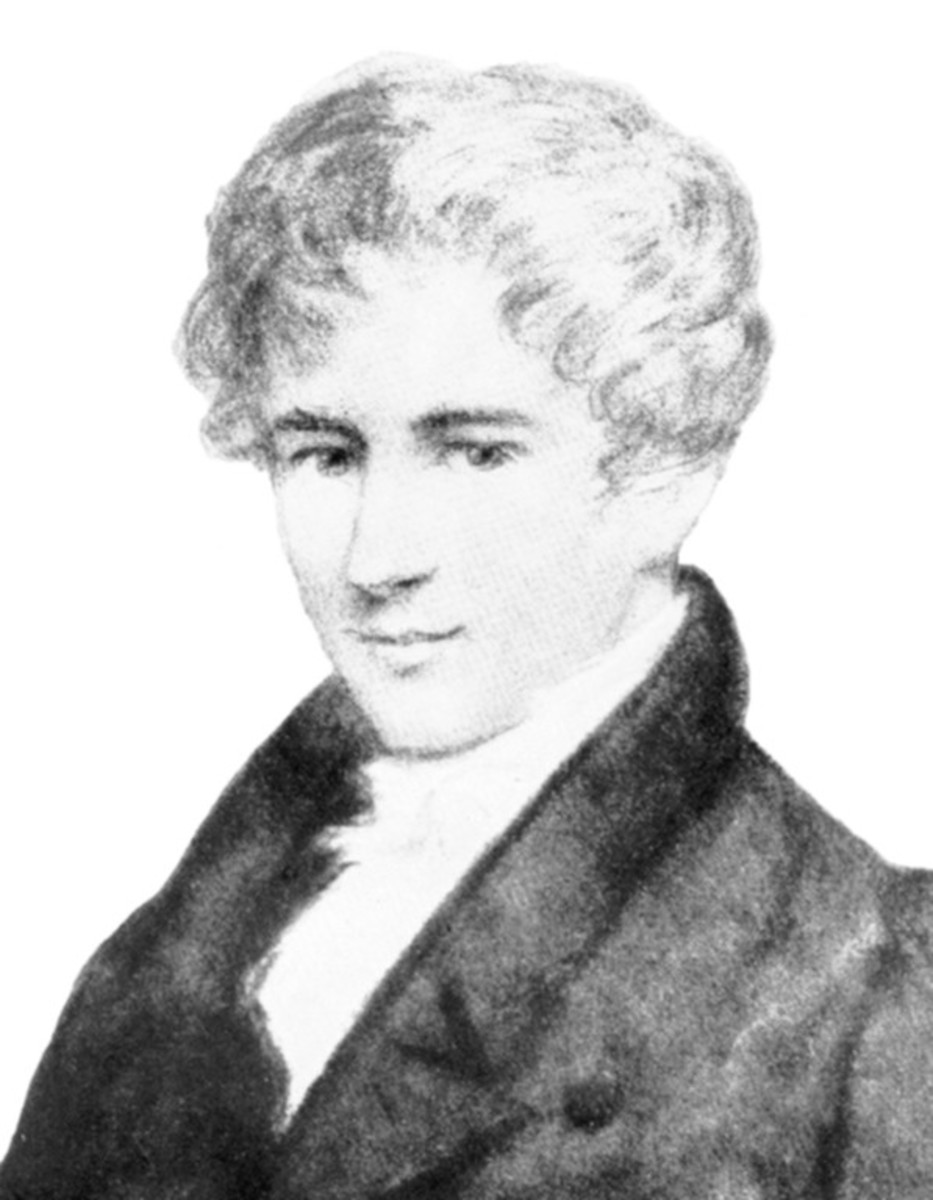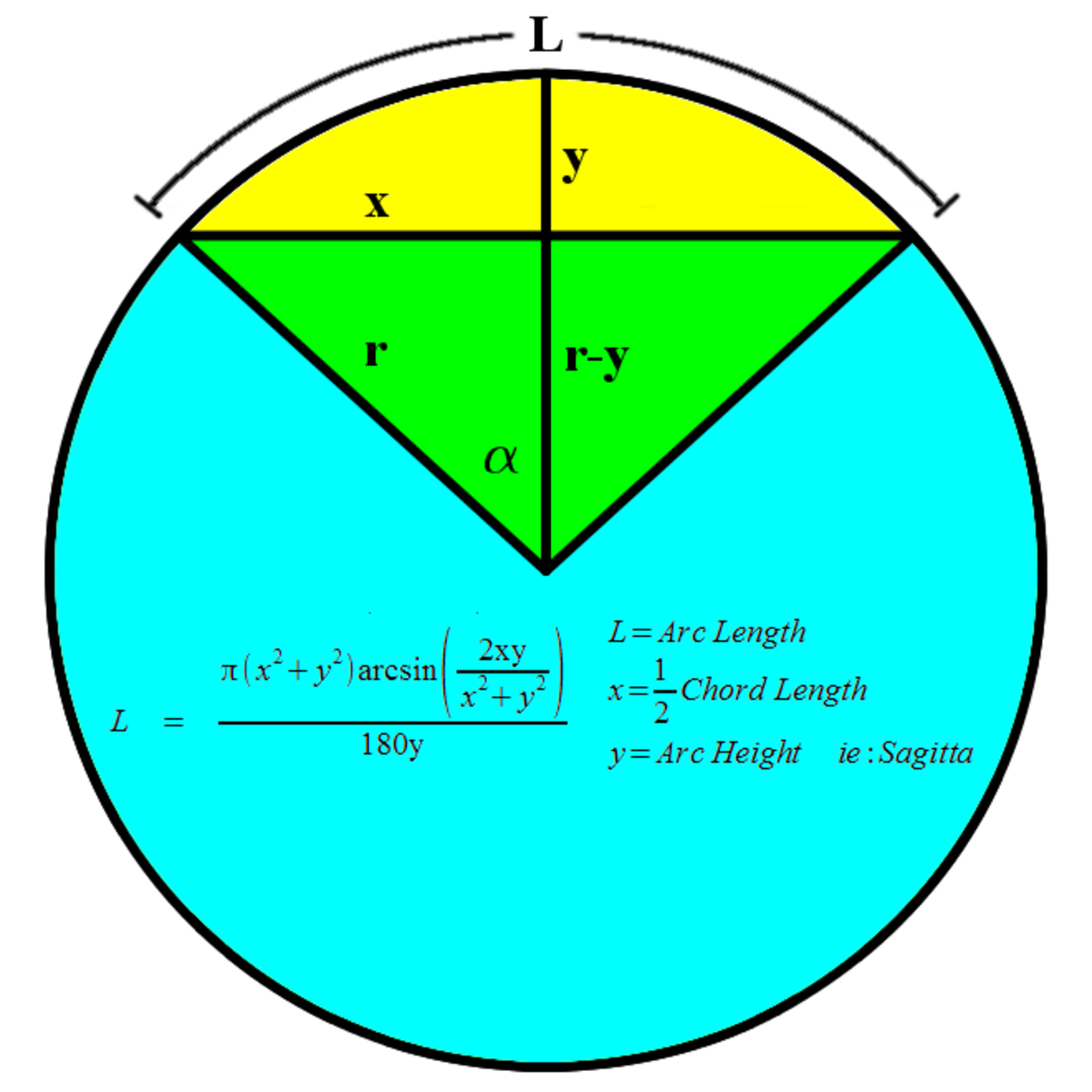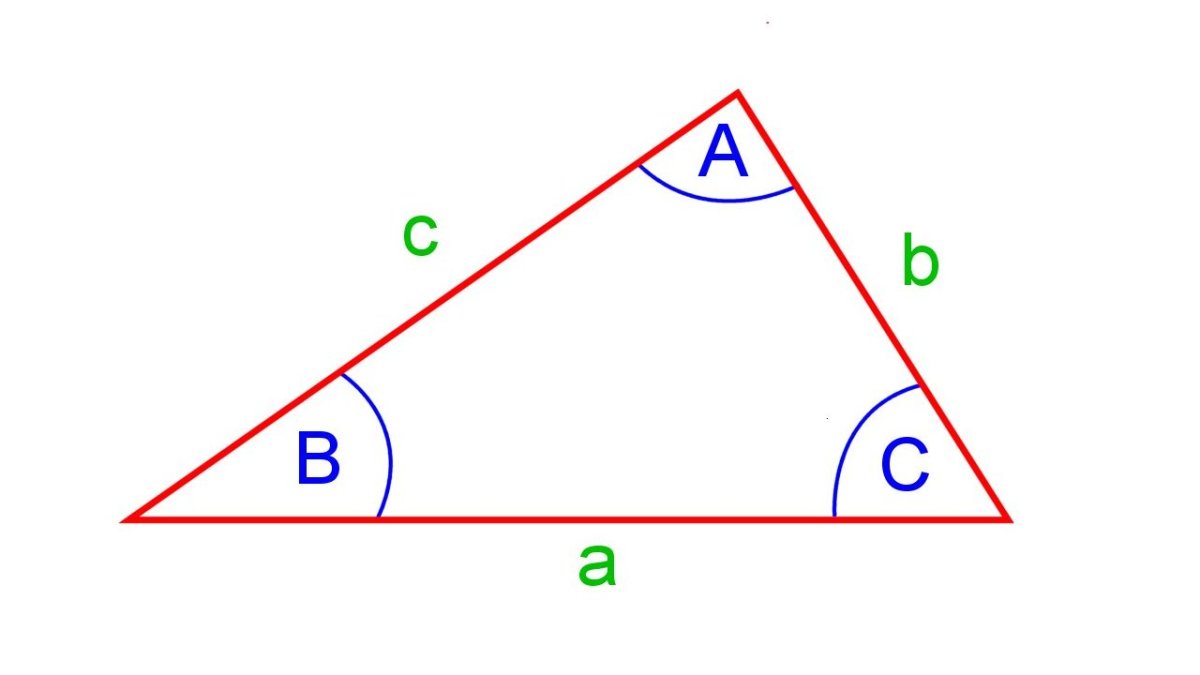Some Curious Properties of the Number Zero

Zero as the doorway to Infinity
Think about this for a minute.
Zero is a sheet of glass. On one side of the glass, positive numbers stretch to infinity. On the other side of the glass, negative numbers stretch to infinity. Zero is the doorway between positive and negative infinity.
What a concept! Zero is, in many ways, the closest a human mind can get to infinity. Infinity is just a whisper way, on either side of the sheet of glass named Zero.
And there we have the first very strange property of the number zero. Unlike all the other numbers in the universe of numbers, zero is neither a positive nor a negative number. Huh? How can this be true? To a mind which has trouble conceiving of the reality of negative numbers (how can there be a quantity of less than nothing of something in the real world?) we have a number which is even stranger!
What is Zero, Anyway?
The concept of the number zero is different from the concept of "none". Naturally, the concept of "none" rose long before the concept of the number zero.
- I have no food.
- I have no children.
- I have no wife.
- I have no husband.
You get the idea.
Zero wasn't a number then. The concept of the absence of something as opposed to the presence of something arose long before number systems in general. The first number systems didn't include the number zero. They were counting systems, basically. In tropical climates, people counted to twenty, or "man finished", because they went barefoot and had twenty digits available, then started over. In cold climates, where people were shod, they counted to ten, the ten digits of their fingers, then started over.
There you have another strange property of the number zero. It is the first digit in many number systems, but it is NOT a counting number. It is also NOT the same concept as the concept of "none". It's use as a place-holder in decimal systems bars it from being the same concept as the concept of "none". If you put a zero at the end of a one, you now have ten, which is ten times as great as one. It is not a counting number, because zero of something does not exist in the temporal world. The thing itself does not exist if there is zero of it.
Heh-heh-heh, we into brain lock yet? No wonder the ancients were afraid of the number zero.
Okay, so what is zero?
Webster's says:
"The numerical symbol "0" that leaves unchanged any number that is added to it."
"The number between all positive number and all negative numbers."
"The point of departure, specifically, the point from which a scale (such as a thermometer) commences."
There you have another strange property of the number zero. It is better defined by what it isn't then what it is. It isn't a positive number. It isn't a negative number. It doesn't change any number added to it.
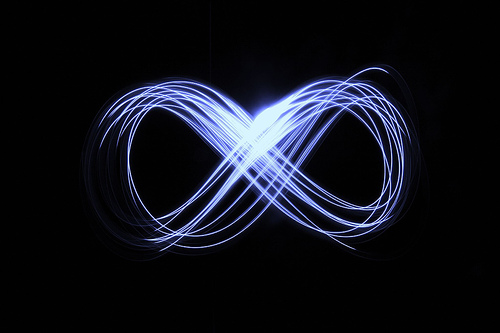
Zero is the place where Time and Light STOP!
I have Stephen Hawking to thank for this concept. I was reading one of his lectures on black holes and event horizons on my kindle while waiting for a radiation treatment at Pluta Center.
He says:
" The event horizon is formed by rays of light that just fail to get away from the black hole. instead, they stay there forever, hovering around the edge of the black hole."
A black hole is an infinitely dense place, a collapsed neutron star perhaps, in space with such a gravitational pull that nothing, not even light, can escape from it, once it falls below the event horizon. Everything is sucked into it, light matter, asteroids, other stars, everything!
We can think of the event horizon as ground zero for everything outside the black hole. Everything below the event horizon accelerates towards the black hole inexorably. Everything above the event horizon occupies its own place in the space-time continuum, following its own interstellar dance steps.
Light stops at the event horizon. It hangs, frozen in space, forever.
Let's think of what that means. If light stops there, then so does time. Our concept of and our reckoning of time is based on light--the light of the sun, in the case of Earth. We count the days from when the sun rises to when the sun rises next, and divide those days into twenty-four hours, and so on. We reckon time based on the speed of light, looking outside our solar system. Time is relative, looking outside our solar system. The faster an object goes, the closer it gets to the speed of light, the slower time goes for that object. 'Tis a proven fact--I'm really not making this up.
Now we've come to a place where light has stopped. It isn't moving anymore, neither towards nor away from the black hole. It's stuck at the event horizon.
Holy Toledo! What happens to Time, then? If acceleration of an object up to the speed of light of light makes time go slower for that object, does the de-acceleration of light itself make time go faster for an object? When light is stuck at the event horizon, no longer moving at all, is time going so infinitely fast there that it doesn't exist?
That, my friends , is truly zero. It is the marriage of nothing and everything; it is both the beginning and ending of infinity.
Zero, the Alpha and Omega of the universe as we know it
This brings us to the beginning of the universe.
Did we start with zero? Not the concept of none, but the number zero?
It's definitely a thought.
The Big Bang theory is the prevalent theory for the beginning of the universe as we know it. It says basically that all the universe was contained in a single point, which then exploded outward, and it still exploding, since the farther towards the edge of the universe an object is, the faster it's going. We think it happened about 14 billion years ago, measured in Earth-time. After the initial explosion, the universe cooled sufficiently to allow subatomic particles, which then coalesced into atoms, molecules, stars, galaxies and so on, through the forces of gravity, drawing matter together.
Which is fine, as far as it goes. And there's some evidence to support it--more evidence for this theory than any other theory we have about the beginning of the universe right now.
What came before that "point" in space? No scientist worth his salt has the temerity to even speculate, considering the complete absence of data.
Lucky I'm not a scientist.
I think it's the number zero. I think the concept of the number zero is as close as we humans can get to what came before the big bang.
There are a couple of theories about what happens after the universe stops expanding. Does it start contracting again? Will it draw in on itself back down again to that single point from whence it originated? Or, when the universe stops expanding, will it become static?
Once again, absolutely no evidence to go on.
I plump for the contracting universe scenario, myself, just because it makes more intuitive sense to me.
And, in that case...after the universe condenses itself back down to that single point...
Zero.

